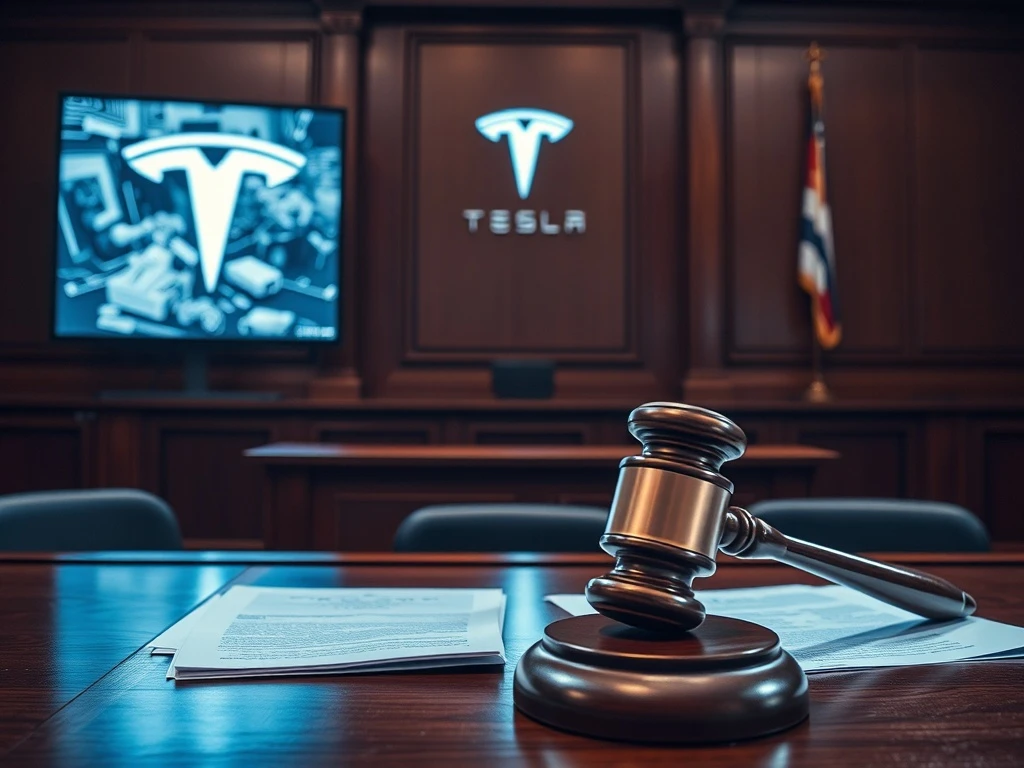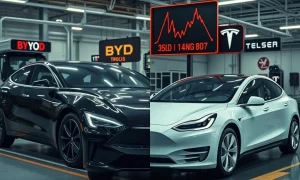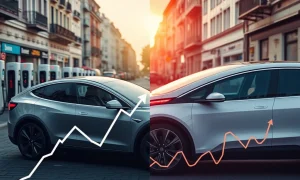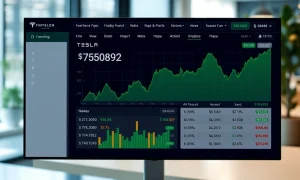Tesla faces a pivotal legal battle as the company aggressively challenges a staggering $243 million verdict in a wrongful death case involving its controversial Autopilot system. This high-stakes confrontation could reshape liability standards for autonomous vehicle technology worldwide.
Tesla Autopilot Legal Challenge Escalates
Tesla has formally requested a Florida judge to overturn the massive $243 million verdict or grant a new trial. The company’s legal team argues the decision fundamentally conflicts with Florida tort law and constitutional due process protections. Consequently, this motion represents Tesla’s most assertive response yet to mounting legal pressure over its autonomous driving systems.
Autopilot System Failure Details
The tragic 2019 incident involved a Tesla Model S operating with Autopilot engaged at night. Key facts emerged during trial:
- System limitations: Autopilot failed to detect perpendicularly parked SUV
- Driver distraction: McGee admitted reaching for his phone during approach
- No braking intervention: Neither human nor system applied brakes before impact
The collision resulted in one fatality and severe injuries, sparking intense scrutiny of Tesla Autopilot safety protocols.
Tesla Autopilot Liability Arguments
Tesla’s legal filing presents several critical arguments against the verdict. Primarily, the company contends product liability law should punish manufacturers only when vehicles perform dangerously contrary to consumer expectations. Additionally, Tesla maintains the case demonstrates driver misuse rather than system failure. The legal team warns that upholding the verdict could potentially stifle automotive innovation and safety advancements.
Jury’s Responsibility Allocation
The original jury assigned responsibility proportionally between driver and manufacturer. Specifically, they allocated two-thirds blame to driver George McGee and one-third to Tesla Autopilot system limitations. This shared responsibility model nevertheless resulted in massive financial penalties against the automaker.
Settlement Negotiations Revealed
Court documents reveal Tesla rejected a $60 million settlement offer months before the trial verdict. This disclosure highlights the company’s unwavering legal strategy despite potentially catastrophic financial exposure. The rejection demonstrates Tesla’s confidence in its legal position regarding Autopilot system capabilities.
Legal Community Reactions
Plaintiff attorney Brett Schreiber condemned Tesla’s motion as demonstrating “complete disregard for the human cost of their defective technology.” Conversely, Tesla’s legal team accused plaintiffs’ counsel of overwhelming jurors with prejudicial evidence unrelated to the specific incident. This legal confrontation continues generating intense debate within automotive and technology law circles.
Industry Implications of Tesla Autopilot Case
The verdict’s potential confirmation or reversal carries enormous consequences for autonomous vehicle development. Manufacturers closely monitor whether courts will hold companies responsible for driver misuse of semi-autonomous systems. Furthermore, the case may establish precedent for how juries evaluate human-machine interaction in accident scenarios.
Frequently Asked Questions
What was Tesla’s main argument against the verdict?
Tesla argued the verdict contradicts Florida tort law and due process, claiming driver recklessness caused the accident rather than system failure.
How much responsibility did the jury assign to Tesla?
The jury assigned one-third responsibility to Tesla and two-thirds to the driver for the fatal crash.
What settlement offer did Tesla reject before trial?
Tesla rejected a $60 million settlement offer from victims several months before the trial reached verdict.
What does Tesla claim will happen if the verdict stands?
Tesla warns it could deter innovation, confuse consumer expectations, and make manufacturers abandon safety enhancements.
When did the fatal Autopilot accident occur?
The crash occurred in 2019 involving a Tesla Model S using Autopilot that failed to detect a parked SUV.
What was the outcome for the driver in separate proceedings?
George McGee settled separately with the victims after being sued for his role in the accident.








